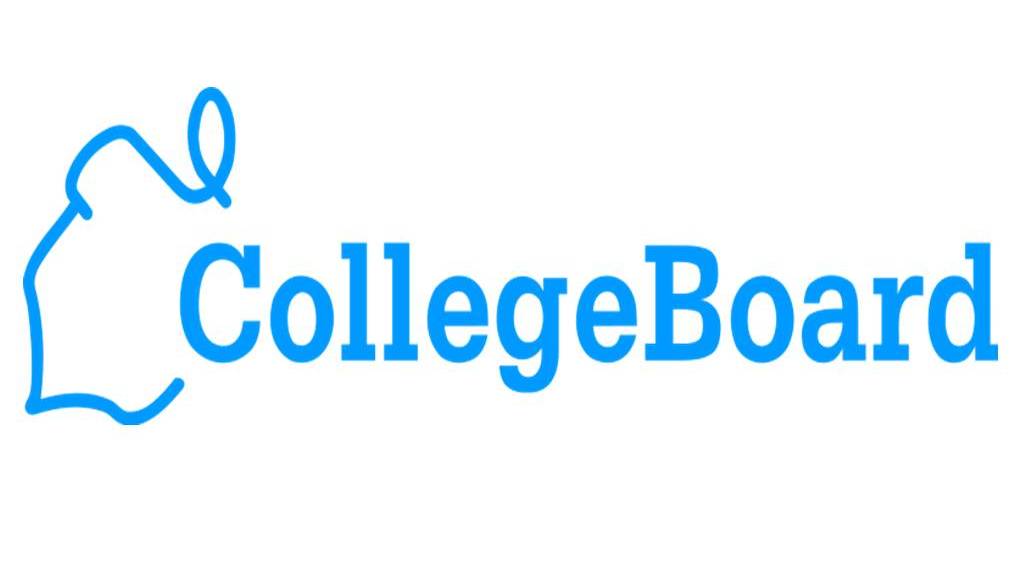Heard this “rumor” a few days ago. We will post on it more as we learn more. Read Compass’ post here for their full run-down, including some helpful (and evolving) Q/A:
Does this mean that my Subject Test registration is canceled?
There will not be any future U.S. administrations of the Subject Tests. International students will have the opportunity to take Subject Tests in May and June 2021 before the program is sunset altogether. Students can work with College Board to change a Subject Test registration to an SAT registration or receive a refund.
When will colleges update their policies to reflect the cancelation of the Subject Tests and Essay?
It may take time for colleges to react to January 19th’s news. Many colleges do not reevaluate testing requirements until after they complete the admission cycle in the spring. Students in the class of 2022 or later should be aware that language about Subject Tests and the Essay on college websites may be outdated for some time. Colleges that currently utilize the Subject Tests and/or the Essay will need to articulate whether those students who have already taken them are encouraged to submit them.
Why is College Board making this decision now?
The Subject Test and Essay eliminations are sure to be roundly celebrated by students and counselors who see the move for what it is on its face: a few less items to worry about. And those supportive cheers will play conveniently well into the College Board’s couching of this decision as a purely selfless, student-friendly act.
But it’s not that simple. While the end of Subject Tests removes one discretionary concern from the minds of a narrow band of college applicants (about 10% of college-bound students took Subject Tests each year), it also frees up resources for the College Board to allocate elsewhere. After celebrating the public relations win of today’s news, College Board will continue doubling down on its efforts and investments to push AP further into the center of the industrial enterprise it so heavily influences: create more AP programs, sell more AP exams, and perhaps even encourage colleges to think of AP scores as de facto college admissions measurements.
So was this a compassionate act aimed at simplifying the lives of students? Or was this a pragmatic decision to cut one’s worst losses? It was both. Today’s news represents at once a move away from an unpopular underperformer and a step toward better nourishing a more tolerated product line with greater potential to thrive. Everybody wins, perhaps? It just feels like the College Board wins a little more.
Will the elimination of Subject Tests mean more interest in AP exams?
Yes, likely so, especially within certain niches. Even with zero U.S. colleges requiring Subject Tests, more than 400,000 were still taken by the class of 2020. This energy has to go somewhere. Some of it will flow to heightened interest in APs and more pressure on schools to make AP testing opportunities available to students. While more than 80% of US high schools offer AP classes, there are thousands of high schools that do not. Some of these schools lack the resources to do so, while others have such an abundance of resources that they do not feel the need to bother. The latter group — predominantly highly competitive independent schools — finds the AP framework constricting. Subject Tests served as an option for non-AP students to demonstrate knowledge to colleges. Without that outlet, schools may face renewed questions from parents about APs.
Can I take an AP instead of a Subject Test?
Some colleges recommend that students provide standardized test scores such as Subject Tests or APs. However, the content and expectations on the AP test are different. Students should consider whether an AP test — especially when unconnected from an AP course — makes sense.
Currently, students can search the AP ledger at https://apcourseaudit.inflexion.org/ledger/ to find local schools offering the exams that might be able to accommodate test-takers from other schools. The deadline to register for a May exam was pushed back to March 12th this year due to the pandemic.
Is the SAT Essay eliminated entirely?
The SAT Essay will still be available for students to add on to their SAT through the June 2021 administration. The Essay may survive beyond June for state-funded School Day testing. College Board is contracted to deliver the Essay as part of its SAT program in some states. As an admission tool, students should consider the Essay as canceled.
Will my March SAT w/ Essay registration be canceled?
No, the Essay is still alive through the June 2021 test date. Students should contact College Board if they wish to have their reservations switched to the SAT w/o Essay and the difference in fees refunded.
Will colleges look at SAT Essay and ACT Writing scores that students have already taken?
Admission offices have not yet said if they will ignore prior essay scores or scores that are part of state-mandated testing. Compass does not expect that essay scores will have a role to play for the class of 2022 and beyond.
Will ACT eliminate the Writing test?
ACT may not want to be seen as immediately following College Board’s lead, but it faces the same reality — an essay test that was already struggling prior to the pandemic. ACT’s business is even more dependent on state-funded testing, so we expect that it will need time to consult with its partners before announcing a decision. Compass’s recommendation is for U.S. students to skip any optional Writing test.




